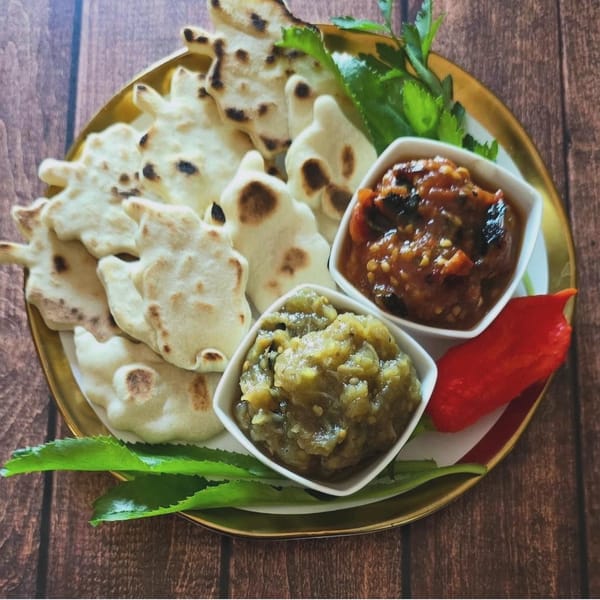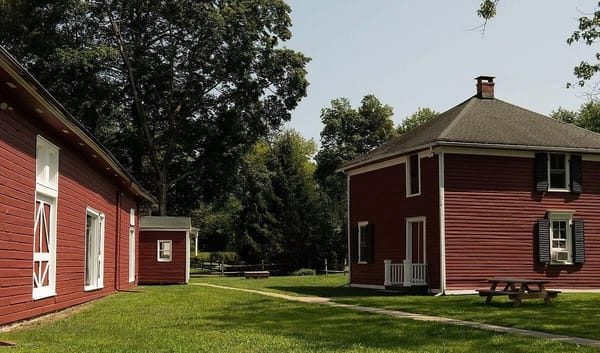
AgriCulture bloggers Peter Davies and Mark Scherzer are the owners of Turkana Farms in Germantown, NY. This week Peter writes: I don’t know how my life has come to oscillate between “Turkey” and “turkey” (one capitalized, the other not) but lately somehow it has. All summer, with my travel business Turkana Odyssey responsible for organizing five tours to Turkey, it has been “Turkey… Turkey…Turkey”. Since then, presiding here at Turkana Farms over a barnyard with over a hundred strutting turkeys destined for various Thanksgiving dinner plates it is increasingly “turkey… turkey… turkey”. Today, with the fifth Turkana Odyssey trip to Turkey still in progress, and daily orders for that popular Thanksgiving bird coming in by e-mail, snail mail, and phone, I am experiencing a dizzying alternation of “Turkey…turkey…Turkey... turkey…” though I expect with the Thanksgiving deadline nearing, “turkey…turkey…turkey…” is sure to win out. Have I gotten you to think of Turkey vs. turkey as I often have myself? Is there, you might now ask, a relationship between Turkey and turkeys? The origin of our word “turkey,” despite many intriguing hypotheses, still remains for me a mystery. The Aztecs, who 2,000 years ago were the first to domesticate the turkey, called it “huerolotl”. I can’t imagine saying: “huerolotl…huerolotl…huerolotl.” The Spanish, who discovered the turkey when they conquered Mexico in the fifteenth century and introduced these colorful birds to Europe, christened it “pavos,” “gallopavos,” or “guajolotes,” terms derived from the Latin word for peacock, which makes sense since that is the Old World bird that most closely resembles the New World “turkey.”

Italians, apparently, have chosen to call turkeys “galli d’India “(birds of the Indies), while the French, for similar reasons use “dindes” or “dindon.” Languages as diverse as Arabic, Azari, Yiddish, Polish, Russian, and, yes, Turkish follow suit. In all cases the name refers to the origins of the turkey in the “Indies,” but not, I am sure, what we know as India today but rather the New World, which, when discovered by Europeans, was initially believed to be the fabled “Indies” they were looking for. One esoteric hypothesis (to me an unlikely one) is that the English version, “turkey,” derives from the Hebrew “tukki” by way of Jewish poultry merchants in Spain and England. A more mundane theory posits that the bird's name could have been inspired by one of its call notes, which goes something like: “turk, turk, turk.” Mark, in his contrarian way, subscribes to the theory that since guinea fowls, an African bird believed to have been introduced to Europe by Ottoman merchants in North Africa, were called “turkey fowl,” that somehow the name got transferred to the New World bird subsequently known to us in the Anglophone world as a “turkey.”.Somehow that doesn’t fly with me (pun intended). You have only to see a guinea fowl and a turkey side by side to see the problem with this theory. Having thought about turkeys and Turkey probably more than any other human being on the planet, it is my feeling that our word for “turkey,” has apparently little if anything to do with Turkey.

But still there is some unease about this possible connection amongst the Turks themselves. Every now and then Turkish friends (those who apparently feel at ease with me) will very cautiously ask me, trying to mask some trepidation, why it is that we call these rather vain, comical birds “turkeys.” Not able to control a devilish streak, I cannot help replying in an ironical way, “Probably for the same reason you refer to them as “hindi.” There is never a follow up question. In fact, since the Turkish term for “turkey” is “hindi,” they are not willing to go down that road. There is always a change of subject. One of my favorite instances of this Turkey/turkey connection came about 15 years ago when, to take advantage of a bargain round trip flight to Istanbul, I found myself in Turkey during Thanksgiving. I could not contain my glee, and immediately fired off postcards to all I knew announcing: “Greetings from Istanbul! Usually on Thanksgiving I have turkey in me, but this year I find myself in Turkey. Wish you were here, Peter.” May all of you on this Thanksgiving have some of our turkey in you. —Peter DaviesFor the complete archive of past AgriCulture blogs, click here.








